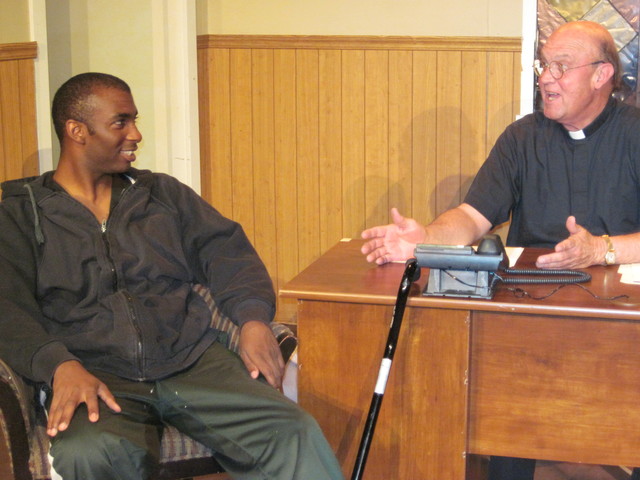Performance Review: In The Pulpit With Aux Dog Theatre
In The Pulpit With Aux Dog Theatre


Latest Article|September 3, 2020|Free
::Making Grown Men Cry Since 1992




